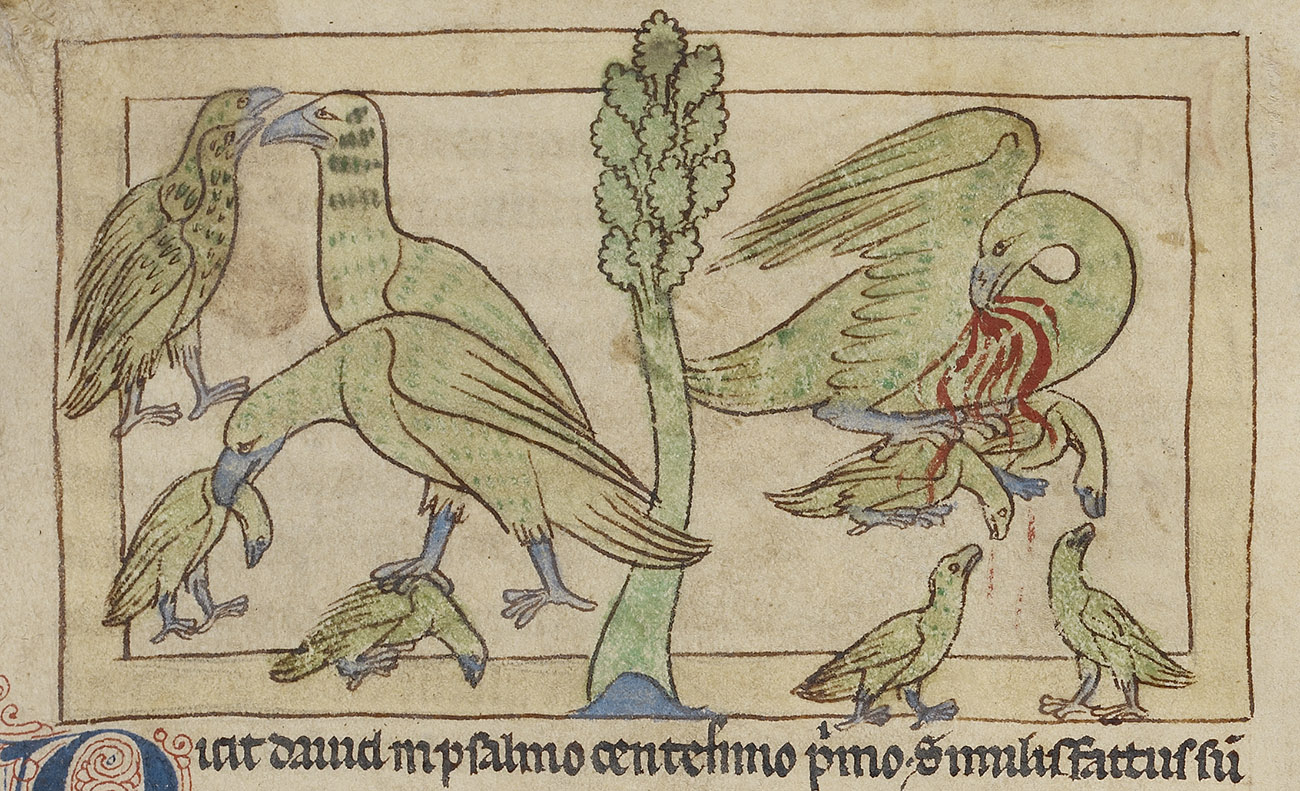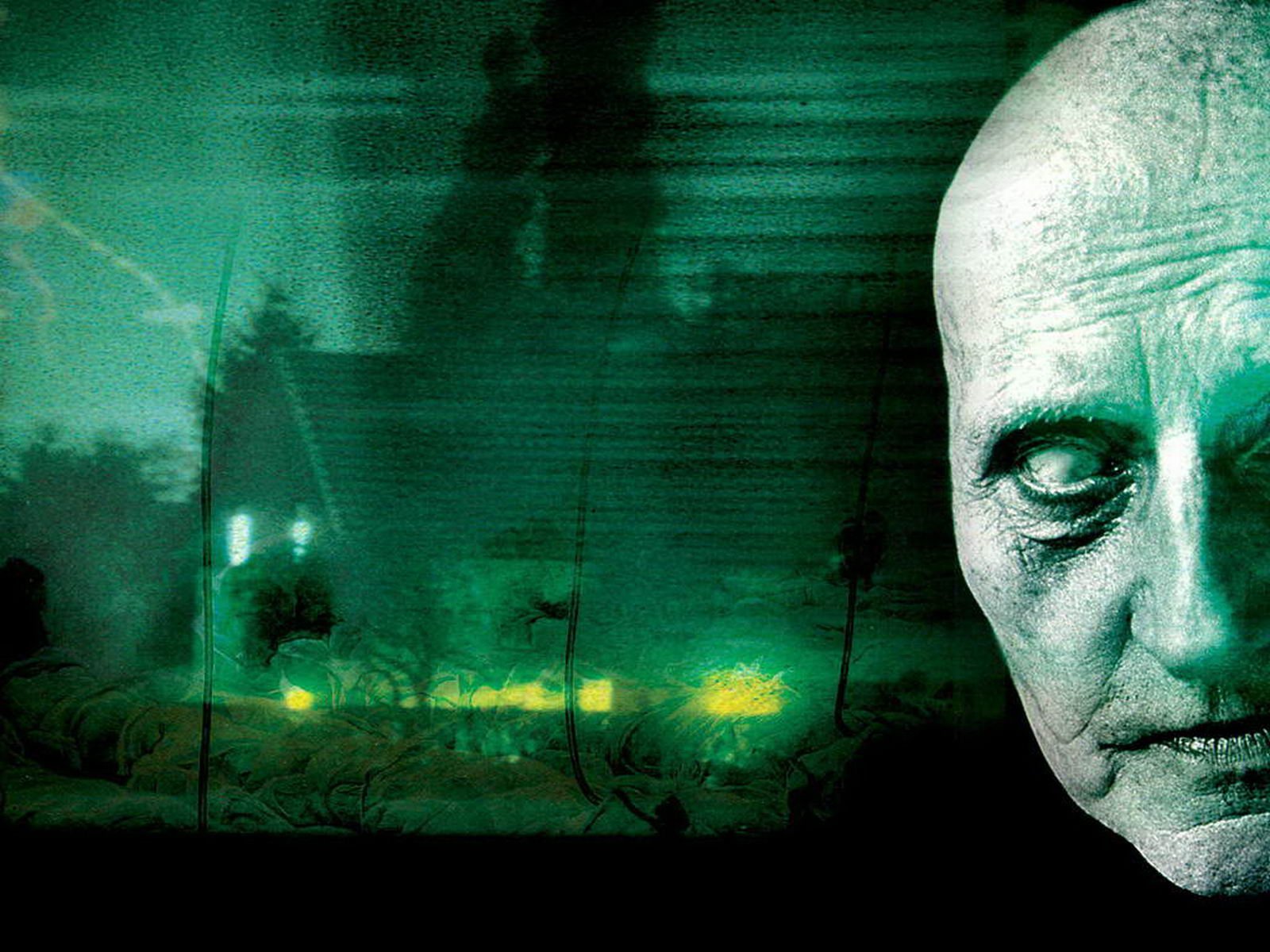What good are maps to us when it comes to the Complex Whole? A map or theory in this case is about as useful as a telescope would be to an earthworm! Every earthworm needs a telescope after all – how else would they see where they are going?
We can envisage the Complex Whole as an infinite multidimensional array of logical cells, each one containing a little bit of every other cell. We can envisage the Complex Whole as Indra’s Net in other words, which is poetically described as a multitude of dew drops caught on a gossamer spider’s web, each one reflecting every other one.
This doesn’t mean that this is what the complex whole ‘is’ however.’ ‘Is’ is simply one category, one single logical cell – which when taken in isolation doesn’t mean anything. It’s been taken out of Indra’s net in this case and that means it’s been abstracted right out of reality. It has no meaning because of its lack of connection with anything else.
The absolute ‘is’ signifies nothing; ‘is’ isn’t anything. ‘Is’ doesn’t mean anything when it comes down to it because it doesn’t partake in the infinite relativity of the Complex Whole; it doesn’t partake in reality, therefore! The same is true for the map, the theory, the thought – because they are purely abstract they don’t (and can’t) partake in the innate complexity of reality. What good can the map, the theory, the thoughts be to us in this case, if they have no true relationship with reality?
There are two answers we can give here. One answer is to say that when we use a map we project a reality that is assumed by the map, and so the map will of course be ‘useful’ (making sure to put the word ‘is) in this case. When we think we project the world that is assumed by thought, and when we operate on the basis of a theory we operate on the basis of the world that is assumed by that theory. The whole thing is tautological, therefore – it’s cheat, in other words.
The type of utility that is possessed by the map, the theory, the thought is obvious strictly limited in this case! When we act on the basis of an abstract or static picture of reality we sidestep reality and enter into the conditioned realm that is the exteriorization of this abstract picture; we sidestep reality but have no way of knowing that we have done so. We would need reality in order to know that and reality is precisely what we no longer have!
So we are given something that is ‘apparently useful’ and at the same time we lose the capacity to see that what we have been given (i.e. the power of thought) isn’t really unconditionally useful as we imagine it to be at all! We are given a tool which is of great (if not indispensable) utility, but only within the context of the world that is a faithful reflection of that very same tool.
This situation opens up the ‘possibility’ (so to speak) of a whole new class of events and occurrences, none of which mean anything at all. When we operate within the domain which is the faithful reflection of the assumptions that we have unknowingly made about reality, they not only do we ‘sidestep reality without knowing that we have sidestepped reality’, we also enter into a null domain. We enter into that domain where all operations are ‘null operations’, where all events are ‘null events’.
We might argue that thought is extraordinarily useful, but since it is ‘extraordinarily useful’ only within the world which it itself assumes, this puts an immediate dampener on our unwarranted enthusiasm! The wind – we might say – is rather abruptly taken out of our sails. This brings us to our second answer to the question ‘what good is the map or the model?’ The first answer isn’t really any good on its own; it needs the second answer in order to help it make sense. Two answers are needed for a proper balance. The point we need to address here is that maps often are useful (obviously enough) – thought often enough is useful. We just need to be very clear about the fact that there is such a thing as the ‘domain of applicability’, or – in other words – we need to be very aware of the basic principle that says ‘What’s good in one situation isn’t necessarily good in another.’
The physical universe – as most (if not all) physicists would agree – represents a stepping down of complexity; this is self-evidently true – complexity is a measure of how many different ways that there are describing something such that if there is only the ‘one way’ of describing whatever it is that we are talking about then there is zero complexity. So-called ‘facts’ or ‘literal truths’ have zero complexity, therefore. If some object, or some event, had – by way of contrast – a very high level of complexity, then because there are lots of ways of looking at the object or event in question that are true, then no one specific way is true. There can’t be any such thing as ‘a fact’ or ‘a literal truth’, in this case.
The physical environment that we, as physical beings, inhabit and routinely interact with, CAN be described – obviously enough! If we couldn’t describe it in a pragmatically useful way then it wouldn’t be ‘the physical universe’ – it would be something else. The fact that matter, ‘by definition’ (!) exists on a low level of complexity doesn’t mean that there isn’t such a thing as ‘complexity’. That doesn’t follow at all – we can’t use the material universe as a way of proving that there isn’t anything other than the physical universe (even though we perform this act of denial all the time).
It is incumbent on us – if we are to have any sense of what’s really going on – to realise that we somehow have to live in two worlds at once. Just to live in either one of these worlds is going to create problems – not to respect the practicalities of the physical world is going to create problems (very obviously), whilst not to have any real relationship with the subtle world (the world that can’t be described by language or pinned down by thought) also creates problems – they are just not so obvious, in this case!
What happens when we lose all connection with the subtle (or ‘more complex’) world is that – by immersing ourselves in the highly compelling world of ‘pressing practicalities’ – we lose the best part of ourselves. The best part of us gets unceremoniously ‘lopped off’ and we have to make do – as best we can – without it, in whatever ungainly fashion it is that we are now obliged to. It’s as if we had a serious accident but have failed to register it, and are continuing on our way as if we were still intact, as if we still have sense left to us! We stumble around in circles, we keep on bumping into the same old obstacles and yet – somehow – we have this persistent tendency to imagine that we actually know what we’re doing!
There are two different values – we could say – associated with the two worlds that we have been talking about – one is knowledge and the other is wisdom. When we know lots of things about the world that can be measured and verified (and turned into data therefore) then this is called knowledge, and when we have a connection to, or relationship with, the subtle world (the world that can’t be turned into data or facts) then this is wisdom. There is no need for us to go on about how dangerous it is to have knowledge without wisdom because we all know this perfectly well! We see the proof of this all around us. Everywhere we look in this modern world of ours we see knowledge without wisdom, and (naturally enough) we don’t have the means to see the imbalance – we are convinced that knowledge is all we need, just as we are convinced that the physical universe is the only reality we need to concern ourselves with.
The nub of the matter is that no matter how much knowledge, expertise and technical ‘know-how’ we have, this still isn’t going to help us escape from the null domain. It can’t help us because the knowledge, expertise, technical know-how and all of that stuff IS the null domain…
The upshot of this discussion is therefore that maps (or ‘thought’) are/is useful up to a point – we have to live in the physical world, after all! This is the ‘domain of applicability’; this is the legitimate ‘use for the tool’. What happens to us however is that we get ‘overly emboldened’ by the wonderful applicability of the tool of thought within its legitimate domain and try to apply it to everything. This is a classic mistake – we might say it is ‘the classic mistake’. We assume that the logical/determinate realm is ‘the Whole of What Is Possible’ and in assuming this we lose the capacity to see beyond what we have assumed.
What’s driving all of this is a fundamental aversion to the ‘insecurity’ of the Open Situation. We are afraid of Radical Uncertainty, we are afraid of Unstructured Space. We are afraid of the genuinely new, in other words, and what this comes down to is that we are afraid of reality. We cure (or attempt to cure) this great fear by assuming that we can have ‘a map for reality’ (which corresponds to ‘the overstretched rational mind’); we think that we can tame reality by waving a map at it, by glibly waving our knowledge/expertise at it. The results of this tactic are all around us – the result of this defence mechanism is ‘the consensus world that we all live in’. What – in all honesty – can we say apart about this world apart from bluntly noting that it is a form of ‘living death’? It is a form of living death that we are all encouraged (in fact coerced) to participate in to the very best of our ability!
We don’t see that we have created a living death of course – to us it’s just ‘normal life’ – but it is a living death all the same. Anything that’s based on ‘full scale risk avoidance’ is bound to be a living death after all, even if it is socially validated to the hilt, even if experts tell us that it’s the right thing to do. There is no doubt of this – unconscious life is always a living death, it’s just that we don’t see it to be so. We can’t see it to be what it is but that doesn’t change anything – the fact that we are 100% fooled by the delusion doesn’t make the delusion any less delusory; actually – of course – it potentiates it all the more! Instead of the Complex Whole, instead of the ‘Open Situation’ which is Indra’s Wonderful Net, we have opted for the Null Domain…






